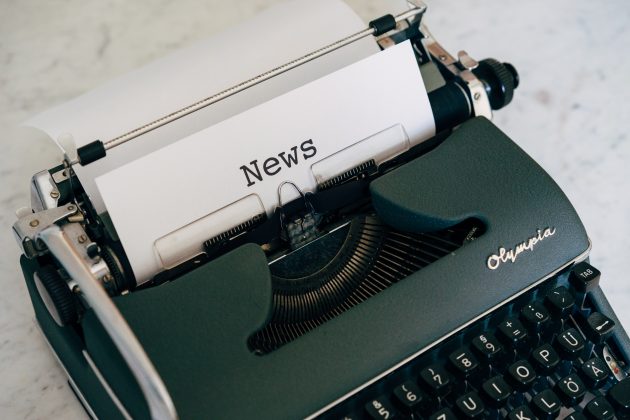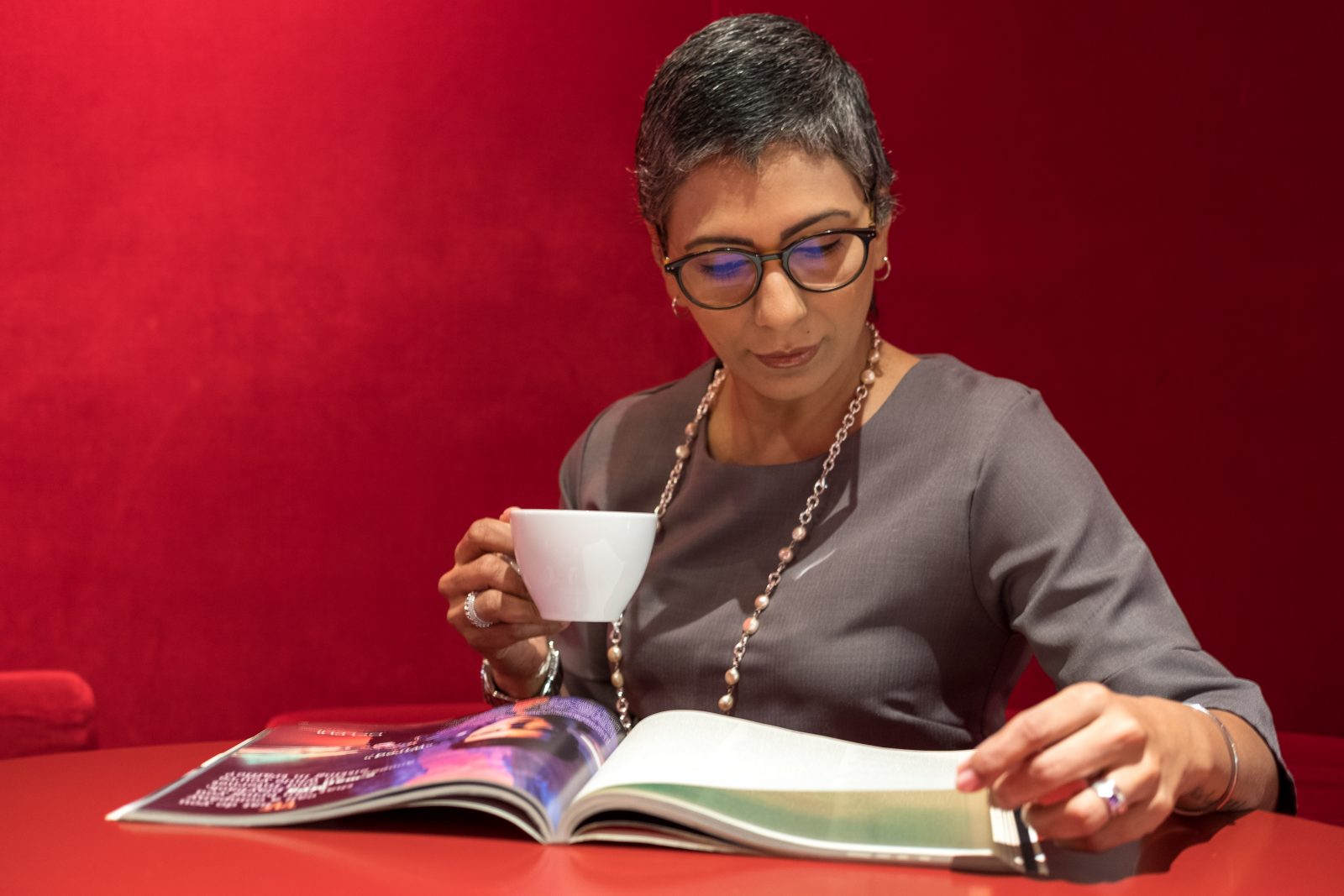If you don’t have a Silver level membership yet you are missing out on our Insight Politics articles.
Today is a FREE taste of an Insight Politics article by writer Chris Trotter

The ‘Fire and Fury’ Test
Fire and Fury was a test. The video documentary, put together for Stuff Circuit by Paula Penfold, was supposedly an investigation into “the tactical use of disinformation by far-right agents of social disruption, in particular, the group that calls itself Voices for Freedom”. It wasn’t intended to be a test of who would, and who would not, stand up for the traditional values of independent and principled journalism, but that is what it ended up becoming. Sadly, far more journalists failed the test than passed it.
One of those who failed the Fire and Fury test was Dr Greg Treadwell, senior journalism lecturer at AUT. His is an especially concerning failure, because Dr Treadwell is responsible for teaching and training the next generation of journalists. If anyone was going to stand up for the first principle of journalism – i.e. that accuracy, fairness and balance constitute the essential features of good reporting – you would hope it might be Dr Treadwell. Unfortunately, your hope would be misplaced.
According to Dr Treadwell’s recent contribution to the Newsroom website, “it would be simply unthinkable” for the Media Council to uphold complaints against the documentary on the grounds that it lacked accuracy, fairness and balance. According to the senior lecturer, such a finding would: “allow purveyors of disinformation to cast themselves even further as victims of the ‘mainstream media’ and perhaps even force Stuff to provide a platform for their mistruths and conspiracies […] It would open the gate wider to proto-fascist movements seeking to pollute our public sphere and thereby wound our democracy.”
This statement goes to the heart of the malaise afflicting New Zealand’s mainstream media. What Treadwell’s remarks reveal is his understanding of the contemporary political scene as a contest between the forces of light and the forces of darkness. Clearly, he sees it as the moral duty of all responsible journalists to range themselves alongside the forces of light. Not only that, but to actually join them in their battle against the purveyors of “disinformation”, the platformers of “mistruths and conspiracies”, the polluters of “our public sphere” and the assailants of “our democracy”.
The use of the possessive pronoun “our” in Treadwell’s statement is telling. It would appear to be his view that the public sphere, and democracy itself, belong exclusively to those who believe that Penfold was fully justified in denying the right of reply to the men and women she had cast as the villains of her political drama. It is Treadwell’s contention that, in judging the complaints against Fire and Fury, the Media Council “could” take the view that “the disinformation war launched on Western societies when Trump took office in 2016, and which manifested itself in the occupation of parliament’s grounds, has changed the rules of engagement: that Principle One [Accuracy, Fairness, Balance] does not apply when bad actors are dining at the table of democracy”.
These are not the sort of arguments usually associated with scholars dedicated to upholding the foundational principles of journalism. The “old school” insistence on accuracy, fairness and balance in reporting is born of their conviction that it is no part of a genuine journalist’s job description to tell the world who is right and who is wrong.
The journalists’ job is to look at the world without flinching and tell their readers/listeners/viewers exactly what they see. Like any good witness, their obligation is to tell “the truth, the whole truth, and nothing but the truth”. That means talking to people whose ideas you despise. It means exposing the mistakes and misdeeds of people whose policies you applaud. It means describing everything you encounter on the battlefield of life: the acts of heroism, and the acts of cowardice and cruelty. It means dismissing the notion of forces of light and forces of darkness for the religious mumbo-jumbo it so obviously is.
Dr Treadwell has no business teaching journalism if he does not accept that the enemies of democracy come in many forms. Some wear jackboots, others pounamu pendants; some tell lies that are easily disproved, others spin like spiders. Secrets can cause as much havoc in the world as lies. That’s why journalists ask questions – hard questions – of all the players on the stage. Ask the right questions of “bad actors”, Dr Treadwell, and their answers will, almost always, betray the emptiness of their minds and the mendacity in their hearts. What your readers, listeners and viewers do with the truths you lay before them is their business – not yours.
Democracy can only thrive in a world where the judgement of ordinary people is trusted. Those who have sung the praises of Penfold’s Fire and Fury do not appear to place much faith in the judgement of such folk. It is all too clear, from the commentary of the “experts” Penfold relies upon, that ordinary people are not considered capable of distinguishing fact from fiction, truth from lies, good from evil. Presumably, that’s why editors, academics and politicians are so fearful of disinformation and misinformation: they are absolutely convinced that it works.
Perhaps that’s why journalists have a reputation for being cynics and drunks. Perhaps it’s because they know from bitter experience that disinformation and misinformation most assuredly do work. The difference between these journalists and the likes of Paula Penfold and Greg Treadwell, however, is that they understand that the disinformation and misinformation that works best almost always comes from governments, public servants, ideologically driven academics, big business marketing departments, advertisers, public relations specialists and hitherto trusted journalists who have suddenly found a brand new barrow to push. Against this sort of material, the disinformation and misinformation “purveyed” by the likes of Voices For Freedom is strictly amateur-hour.
The real tragedy of Fire and Fury lies precisely in Penfold and her colleagues’ decision not to talk to the “bad actors”. The most important question to ask about the polarisation and radicalisation happening all around us is: why are people willing to believe the worst of their rulers? It was only a few years ago that ordinary people trusted their governments. How was that trust lost? Just how big a betrayal does it take to make people swallow the delusions of QAnon?
These are the questions a real journalist would ask. Because a real journalist knows that there are no “right” forces of light, no “wrong” forces of darkness, only the inevitable mistaken identities of humanity’s twilight condition. It was these, the real journalists, who passed the Fire and Fury test. They were the ones who recognised disinformation and misinformation when they saw it.
If you enjoyed that FREE taste why not subscribe to a SILVER level membership today?
You will not only get access to Insight Politics articles like the one above but you will also gain access to all our puzzles, SonovaMin and BoomSlang’s fantastic cartoons, and our private members’ forum MyBFD as well as enjoying ad-free viewing.
$25 a month ($6.25 a week) (89c a day)
$300 a year

